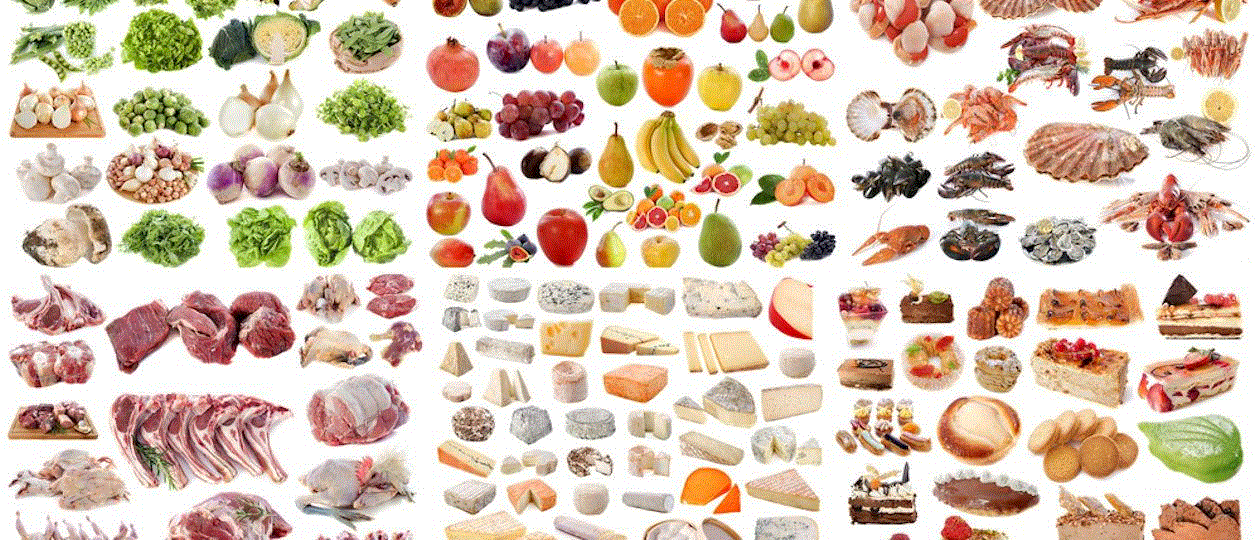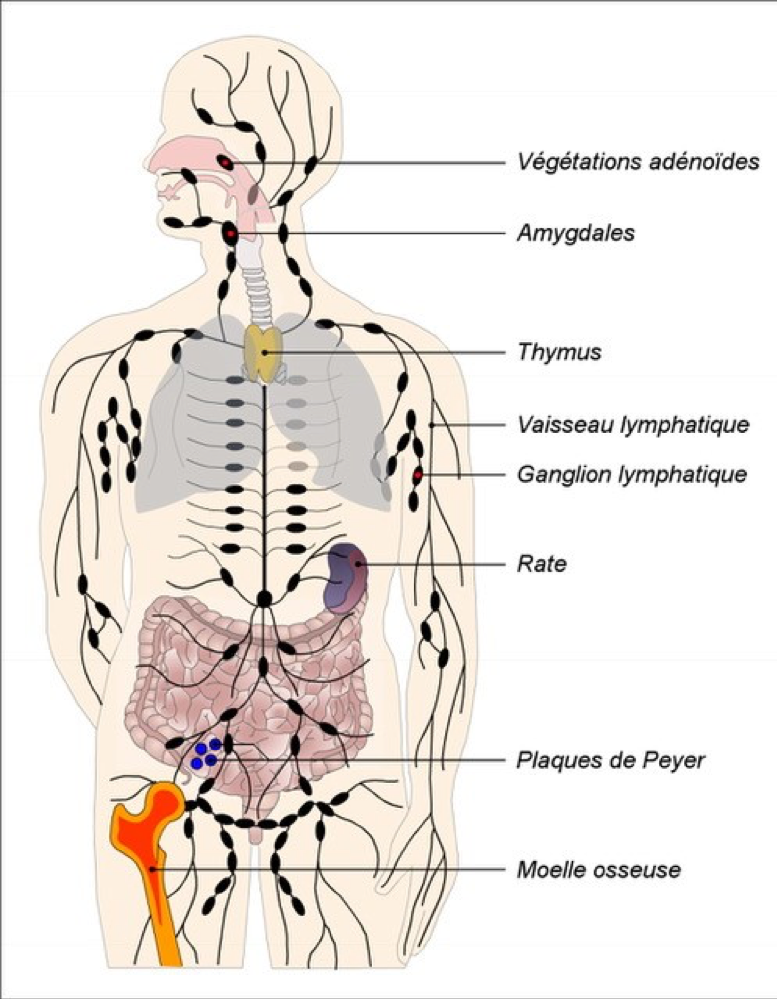
Les aliments sont souvent le parent pauvre de la connaissance médicale en matière de nutrition, Et pourtant nous mangeons des aliments et non pas des nutriments. c'est pourquoi les conseils diététiques, qui sont prodigués aux patients, doivent s'exprimer en aliments pour qu’ils soient compréhensibles et accessibles. La diététique étant l'art de concilier la préparation des plats et des aliments, et la satisfaction des besoins alimentaires du bien portant ou de sujet malade, la connaissance des aliments est indispensable. Ces besoins alimentaires sont eux-mêmes triples : besoins nutritionnels et énergétiques, besoins psycho-affectifs et hédoniques, besoins symboliques et relationnels. Cependant, alors qu'il existe des apports nutritionnels conseillés (ANC), il n'existe pas d'apports alimentaires conseillés (AAC). Mais il y a des limites aux repères qui sont donnés pour une population : celles liées aux habitudes alimentaires données dans un pays ou une région, ce qui explique le caractère arbitraire de ces repères. Il n'y a pas d'aliment indispensable.
- Enseignant: Aoun Omar
An adequate nutritional intake is essential for the proper functioning of our body. Deficiencies or excesses in the intake of certain nutrients are responsible for various acute or chronic diseases. The organs of the digestive system transform the food we ingest into simple molecules that can be absorbed into the bloodstream and distributed throughout the body. The digestive system is also responsible for the absorption of orally administered medications and ensures the elimination of indigestible residues, metabolic waste products, and certain medications. Part of the food we consume contributes to the construction of cellular structures and the replacement of used molecules. However, the majority of food serves as an energy source necessary for cellular activity and overall bodily functions. Depending on the body’s needs, absorbed nutrients are used as an immediate energy source or stored as glycogen or fats. The metabolic pathways that determine the fate of each absorbed molecule are regulated by various hormones, ensuring an appropriate use of energy resources.
Initially, this module will provide an understanding of the structure and normal function of the various organs of the digestive system. This requires general knowledge in anatomy, histology, and physiology. Next, the metabolic pathways that transform the food absorbed by the digestive tract into molecules for energy production or storage will be discussed.
This module is intended for undergraduate students in Food, Nutrition, and Pathologies. The general goal of this module is to provide essential knowledge in anatomy, histology, biochemistry, and physiology needed to understand the mechanisms of food digestion, absorption, and utilization by the body.
- Enseignant: BEN MIRI YAMINA

Définition du Système immunitaire
Ce cours est destiné aux étudiants de la troisième année licence spécialité ANP , au semestre 5.
- Enseignant: guesmia khawkha
